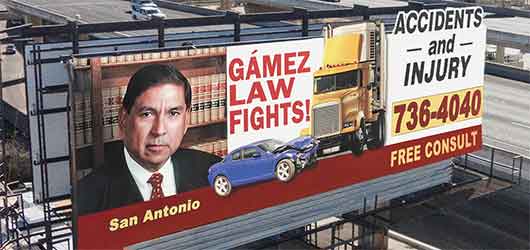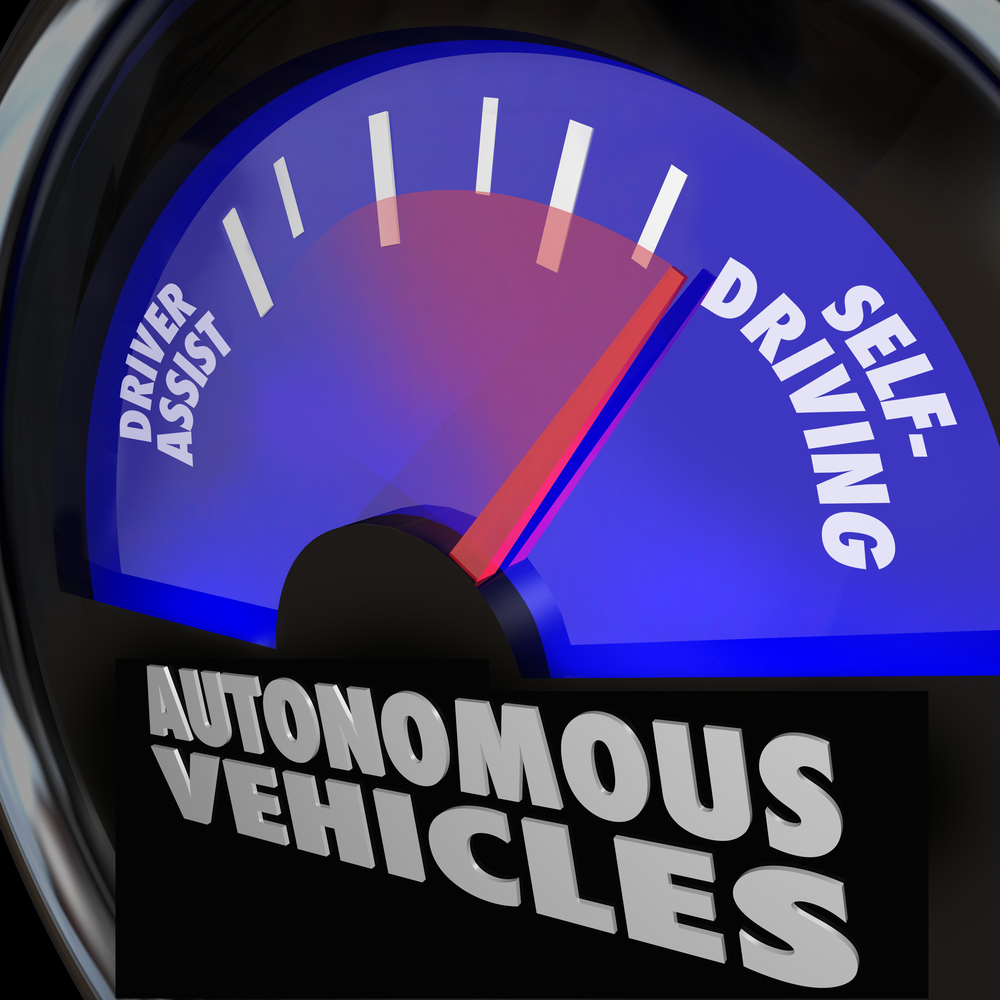With the future of cars turning towards self-driving models, questions regarding liability in the event of an accident are being raised. Texas has some of the most relaxed self-driving car laws in the country, and autonomous driving systems manufactured by Tesla and Google have already caused hundreds of crashes. If you have been involved in a crash with a self-driving vehicle, talking to a car accident attorney in Houston or San Antonio will help you understand who is legally responsible.
What Is a Self-Driving Car?
A self-driving car is a vehicle that is technologically equipped to navigate roadways without a human driver. A system of sensors provides environmental information to a computer system, which governs steering, accelerating, braking, and all other aspects of driving. Self-driving cars operate according to the hard rules, predictive modeling, and object recognition with which they are programmed.
The Range of Autonomous Options
Cars on the road today fall somewhere on a spectrum that ranges from completely manual to almost totally autonomous. Most cars on the new consumer market have some semi-autonomous features, such as brake assist, parking assist, and alerts that notify the driver when another car is in a blind spot. More autonomous models like Tesla’s self-driving cars have different levels of automation, ranging from a manual mode to a mostly autonomous setting.
The Role of Human Supervision
Manufacturers of self-driving cars recognize that their technology is not perfect yet. Tesla has stated that their self-driving cars should always be supervised by a human occupant who can take over manually should the need arise. Additionally, autonomous modes are only intended to be used if the driving conditions are favorable.
Why Do Crashes Involving Self-Driving Vehicles Happen?
The technology of self-driving vehicles is still developing, and the crashes that have occurred in recent years are evidence that the safety of autonomous driving systems is not 100% reliable. Numerous errors in the car’s detection of the environment or “decision making” can lead to an accident. For example, crashes can occur if the car’s predictability model does not account for a dangerous situation or if the sensors fail to deliver accurate information to the computer.
Despite the need to supervise their vehicles at all times, the owners of self-driving cars may grow less vigilant as they become comfortable with the technology. An investigation into a recent crash involving a self-driving Tesla that veered off the road found that neither of the vehicle’s two occupants were in control of the car at the time of the accident.
Who Is At Fault for the Accident?
Texas is an at-fault state in which a person or party who causes an accident must pay for the damages. If you are involved in a car accident that occurs in an at-fault state, determining liability is the first step towards winning compensation.
In a straightforward, two-car accident involving manually-operated vehicles, identifying the at-fault driver is a matter of presenting evidence that one of the drivers acted negligently, perhaps by speeding or driving while intoxicated. Once fault is determined, the negligent driver’s insurance usually covers the damages. In an accident involving a self-driving car, the owner could still be responsible. However, there is also the possibility that the car’s manufacturer or the state could be held accountable.
3 Different Cases for Liability
When you work with a car accident attorney to seek compensation after a crash with a self-driving vehicle, your attorney will need to determine where to submit the claim or who to file the lawsuit against. Generally, three possibilities exist:
The Manufacturer of the Vehicle
The technology behind self-driving cars is complex, with sensors, radar systems, lidar, ultrasound, software, and all the components needed to run the vehicle on a mechanical level. The numerous, dissimilar parts needed to operate a self-driving car give ample opportunities for something to malfunction. Additionally, due to the newness of self-driving cars, design flaws are still being worked out.
If the crash you experienced was due to a problem at the design level or a manufacturing error, the car manufacturer could be at fault. In that case, you might have grounds for a product liability lawsuit.
The Owner of the Vehicle
Car manufacturers like Tesla are taking steps to protect themselves when they state that humans must supervise the operation of their vehicles. In light of such statements, the most straightforward way to seek compensation could be to hold the owner of the self-driving vehicle responsible. In that case, the owner’s insurance company would most likely pay for the damages as though the accident involved manually-operated vehicles.
On the other hand, if you are the owner of a self-driving car that caused you to become injured, your car accident attorney will need to formulate strong arguments that the vehicle did not function according to safety standards. Additional measures may need to be taken to show that you were supervising the car at the time of the crash.
The State
The government is responsible for setting guidelines for all vehicles operating on the roads. If a self-driving car malfunctions after passing inspection and operating according to state regulations, a case could be made against the government for failing to set adequate safety standards.
Finding a Car Accident Attorney Who Can Navigate the Complexity
At the end of the day, getting the compensation you need to cover your medical expenses, lost wages, and other damages is the goal. Car accidents involving self-driving vehicles are on the front lines of a new era in personal injury law, and you will need an experienced car accident attorney who can make strong arguments for cases that don’t have much precedent. Your attorney should be able to help you leverage every opportunity for maximum compensation, including pursuing multiple lawsuits if necessary.
Proving Your Damages
Aside from proving fault in the accident, you will need to demonstrate the severity of your damages in order to receive the compensation you seek. The fact that your accident involved a self-driving vehicle does not change this basic requirement. The liable party could try to argue that your injury is not as severe as you say or that a preexisting condition is responsible for your current health issues.
You will want to work with a car accident attorney who can help you provide evidence of your injuries and avoid statements that could jeopardize your claim. You will most likely be advised to:
- Seek medical attention immediately after the accident
- Notify the police and your insurance company as soon as possible
- Request your medical records
- Follow your medical providers’ at-home instructions
- Refuse requests for recorded statements that are not required by the terms of your insurance policy
- Refuse any requests for an independent medical exam that is not legally required
Taking the Next Steps to Pursue Compensation in Houston or San Antonio
Accidents involving self-driving vehicles fall into an area of personal injury law where precedent is still being established. Getting adequately compensated often involves going up against big insurance companies and major car manufacturers. Our law offices have a strong record of winning payouts for clients under highly nuanced circumstances. To request a free consultation with a car accident attorney in Houston or San Antonio, contact Joe A. Gamez Law Firm, PLC.



